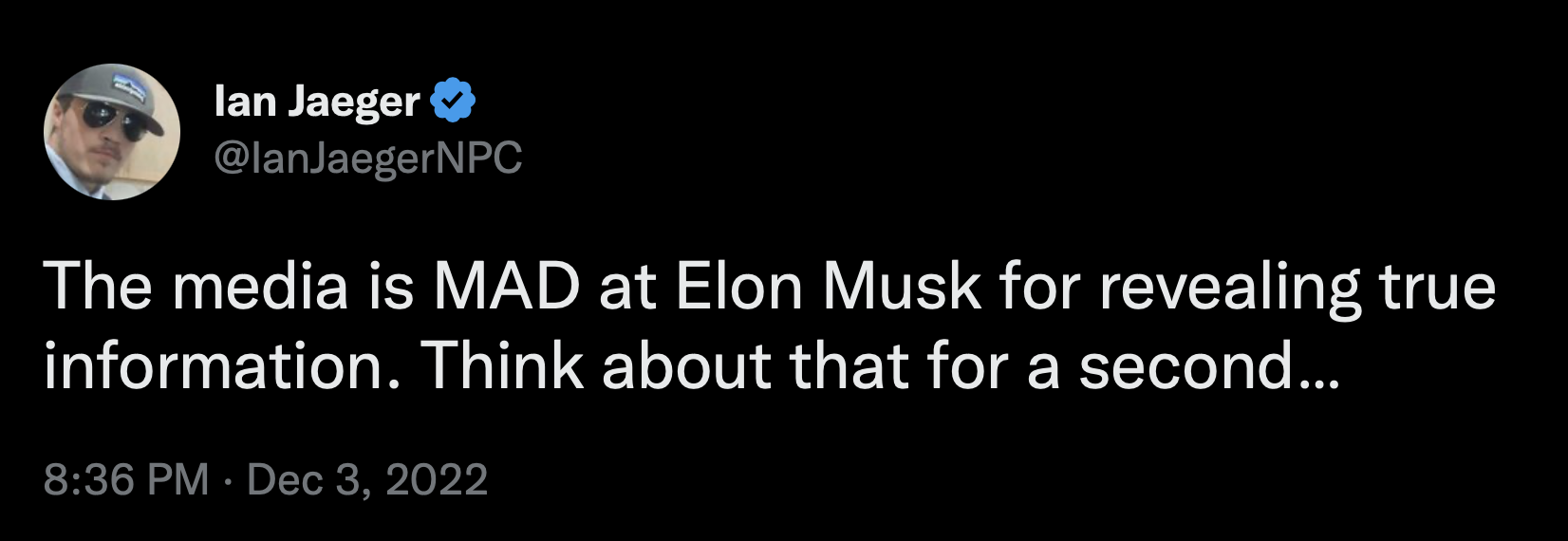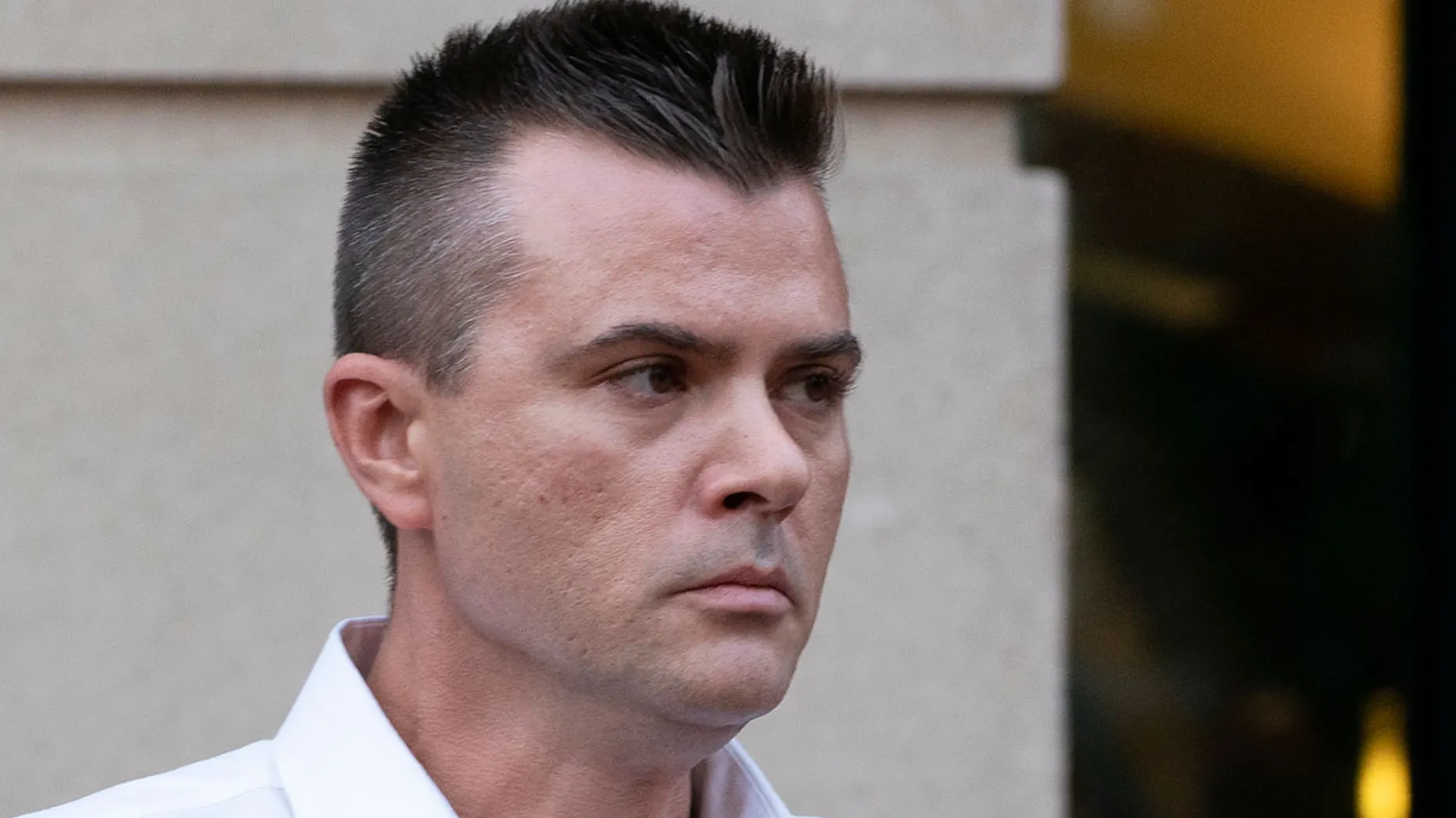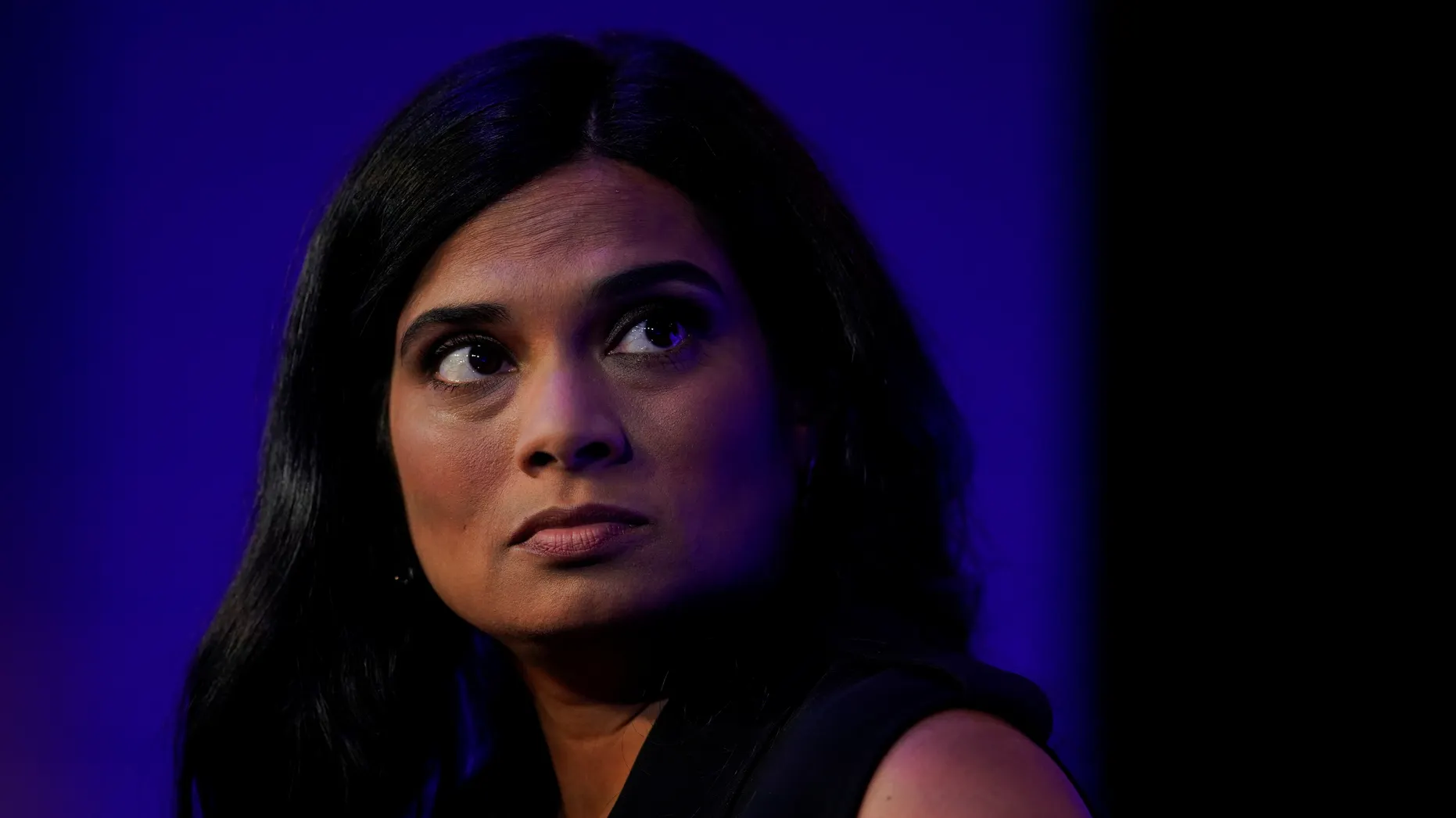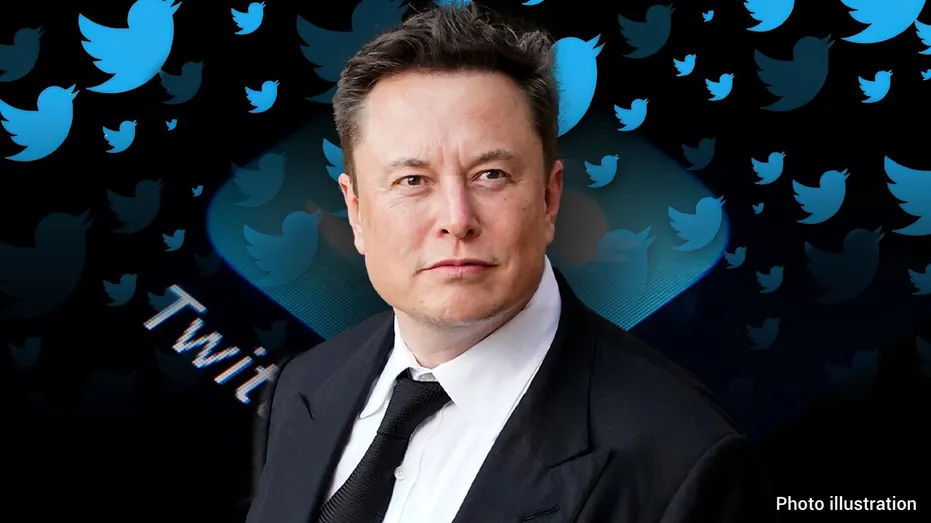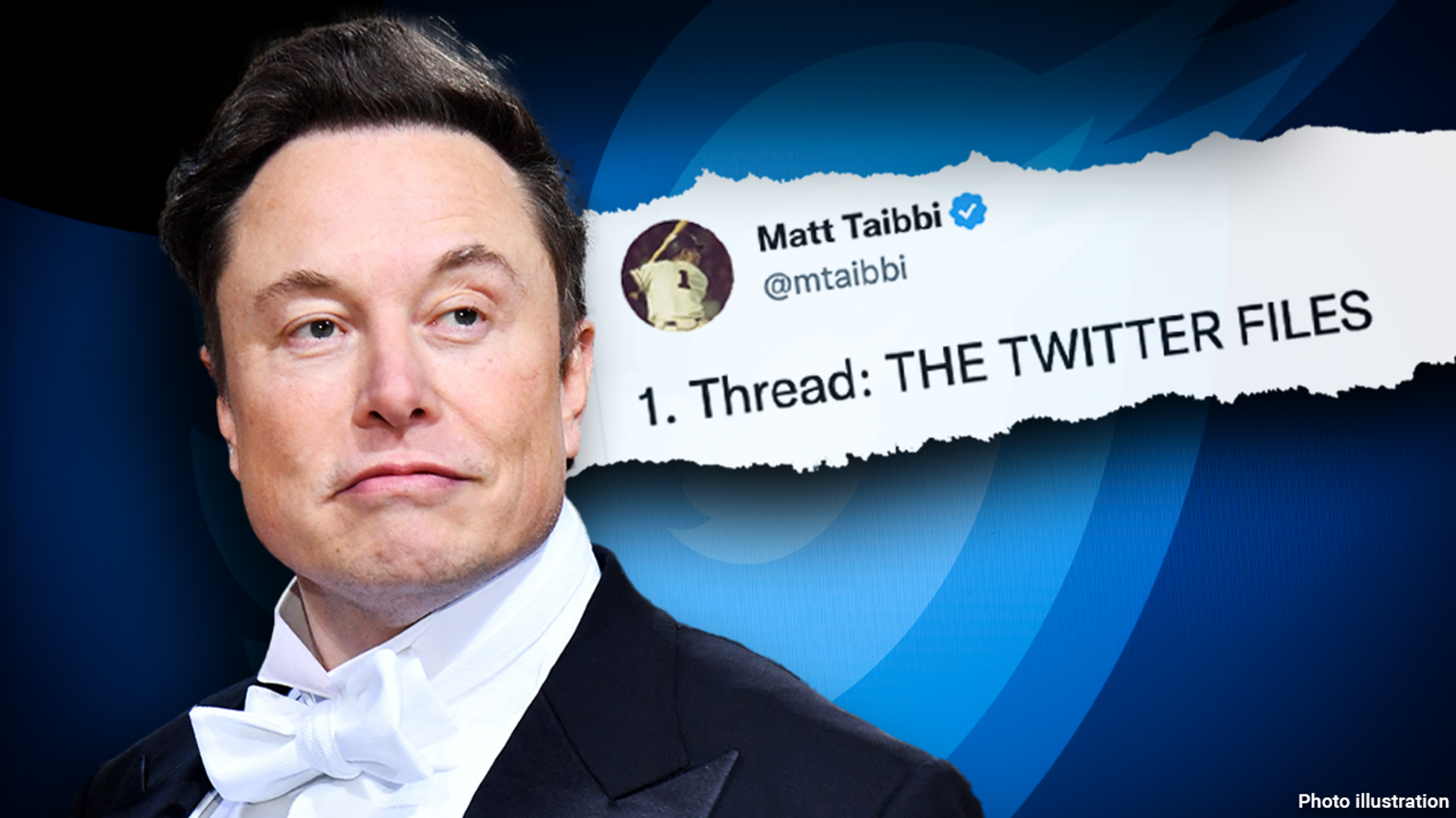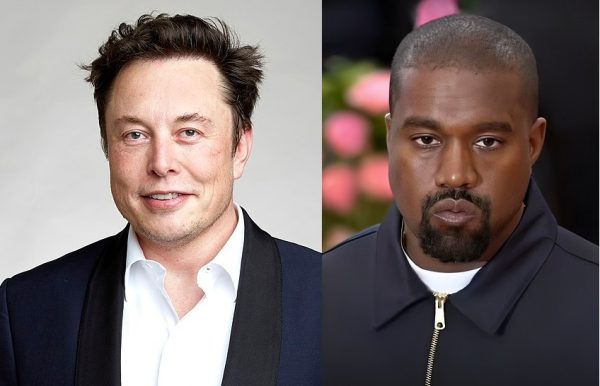 the establishment media is an enabler of endless wars and illegitimate oligarchic power
the establishment media is an enabler of endless wars and illegitimate oligarchic power
RON UNZ on THE ELON MUSK ODYSSEY
Although it’s too soon to be sure, the early signs are not looking good for Elon Musk’s $44 billion purchase of Twitter, thereby demonstrating once again how easily the concentrated power of the media can destroy those whom it turns against.
The South African-born Tech entrepreneur entered the fray having several seemingly huge advantages. He already ranked as the wealthiest person in the world by a considerable margin. His Tesla Motor Company, constituting the bulk of his fortune, pioneered the electric vehicles that have become a major status symbol of affluent liberals, and despite a considerable decline in its stock, was still comparable in value to the combined total of the world’s next half-dozen automobile manufacturers. He simultaneously served as CEO of SpaceX, America’s best hope for continued domination of space, and its associated Starlink satellite network had recently proven itself a huge factor in modern warfare. Musk was not only lauded as an enormous technological hero, but he had also accumulated considerable media influence of his own, with his 118 million followers on Twitter probably giving him the reach of a major television celebrity or even an entire broadcast network.
Indeed, Twitter had become so important to him that earlier this year he boldly offered to buy the struggling social media giant and take it private. A decade ago, a leading Twitter executive had memorably described his company as representing “the free speech wing of the free speech party,” and Musk seemingly intended to roll back the mounting tide of censorship and restore it to that position.
For generations “free speech” had been one of the most universally cherished American values, but after Donald Trump used the power of his free speech on Twitter to unexpectedly win the White House, those prevailing sentiments very rapidly changed, and the need to exclude “fake news” and suppress “hate speech” became the accepted priority of all right-thinking individuals obedient to the narrative of the mainstream media. Beginning with a few extreme cases here and there, the resulting Twitter purges grew exponentially, until by early 2020 these had finally claimed the sitting President of the United States; and powerful elements of American society were very concerned that Musk might try to reverse that process. So his takeover of Twitter, substantially funded from his own pocket, was viewed by many as a horrifying and potentially dangerous threat to American values, with Musk himself increasingly portrayed as a Bond-style super-villain by the buzzing media beehive, an interloper whose nefarious plans had to be frustrated at all costs.
Twitter had already been losing money and the $14 billion in debt Musk took on to help fund his purchase made the situation far worse. Once the media painted him as a dangerous bad-thinker and Twitter suddenly became “controversial” his timorous advertisers—who provided nearly all of its existing revenue—began dropping away, with each public desertion being loudly broadcast by the hostile media megaphone.
All of these major blows came despite Musk’s partial reversal of his self-proclaimed “free speech absolutism,” as he promised to maintain many of Twitter’s existing restrictions and except for a certain former President only reinstated the most milquetoast of purged Tweeters. Musk’s U-turn immediately drew angry denunciations from some of the same individuals who had previously championed his takeover.
When expenses rise and revenue falls, financial problems result, and journalists reported that Musk had privately warned of the risk of bankruptcy as he prepared his drastic cuts to Twitter’s bloated workforce. Meanwhile, most of the company’s previous senior executives were fired or quit.
Earlier this month, Musk had intentionally slashed Twitter’s headcount by 50%, but on Thursday his media critics gleefully reported that one-third of his remaining staff had suddenly quit, with many of his crucial software engineering teams having almost totally disappeared. The front-page headline in the hostile New York Times was “Twitter Teeters on the Edge” and it darkly suggested that the company might be entering a software death-spiral, hardly encouraging news for the remaining corporate advertisers who were so necessary for its survival. I’ve never much used Twitter myself, but if I’d invested years of my time and effort in building up millions of followers, I’d be feeling pretty worried right now.
Perhaps Musk will once again ultimately triumph against the odds, and successfully create the universal WeChat-type service he has envisioned. But right now, I think it much more likely that the seemingly fragile social media giant will continue to decline then ultimately wind up in different hands. And if our media can so quickly and easily crush the aspirations of the wealthiest man in the world, perhaps costing him and his financial backers the $44 billion they had invested, who in the future would dare risk another such challenge?
Perhaps by coincidence, a somewhat similar controversy had recently played out in the case of a different high-profile individual, the billionaire black rapper and fashion designer Kanye West. Although I’d previously had only the vaguest impression of him, he was apparently a towering international celebrity, as well as being among the wealthiest black Americans who had ever lived, while having tens of millions of followers on Twitter and other networks.
Apparently for some reason or other, he became angry and agitated over what he saw as the overwhelming Jewish influence in the worlds of business and media, and began loudly saying so in various venues and on his social networks. As might be expected, the media reaction was swift and devastating, portraying him as a moral leper, and thereby forcing most of his business partners to cut their ties, often at enormous financial cost. Apparently 25% of the profits of footware giant Adidas came from West’s line of sneakers, but they abandoned the longtime deal at a total cost of almost $650 million when their media masters proclaimed it as a fundamental issue of morality. At the other end of the spectrum, Goodwill Industries announced that they would no longer offer their impoverished clientele the donated cast-offs associated with such a vile anti-Semite. The rapper’s longtime bank even closed his accounts and would no longer provide a haven for his money.
The immediate result of all these coordinated blows was that the bulk of West’s large fortune suddenly evaporated, while his (Jewish) personal trainer publicly declaredthat if he continued his bad behavior the erstwhile billionaire might end up spending the rest of his life heavily drugged and imprisoned in a mental institution. Almost none of his fellow black celebrities rallied to his side, or if they did, I didn’t hear about it. The story soon dropped from the media, perhaps permanently taking with it the once-iconic global black celebrity.
West’s high-profile transgressions had put our ideological watchmen on full alert and this probably accounted for the new controversy that soon engulfed black basketball star Kyrie Irving, who ran into a media buzz-saw for merely Tweeting out a link to an Afrocentric documentary available on Amazon. The controversial claims made in that video riled up the ADL, and Irving quickly offered public apologies and a payment of $500,000 to salvage his sports career. But that tentative deal unraveled due to his subsequent impolitic remarks, and he was suspended from basketball, while his personal line of sneakers was cancelled by Nike. Yet another abject lesson proving that even the highest and the mightiest should think twice before exercising their right to free speech. The media creates reality and if they decide to declare you a target, you quickly become a human pin-cushion.
Back in the 1990s, Bill Gates was much in the news, with his $100 billion fortune then ranking him as the wealthiest man in the world, a position he had held for so many years that it seemed permanent. His Windows operating system enjoyed a near-monopoly on all personal computers, so his products controlled the technological infrastructure of every country, just as every writer and every financier depended upon his ubiquitous Word and Excel programs. Given such potent assets, he was sometimes half-jokingly described as the most powerful person in the world, having clout that dwarfed that of any President or Pope.
While I did not necessarily dispute such an appraisal, I would always point out the severe limitations of his position. I proposed a thought-experiment in which the Monarch of Microsoft carelessly uttered some highly untoward views on any one of a number of sufficiently touchy subjects. For all his money and influence, he probably would have been quickly annihilated, fried to a crisp by a concentrated media blast and then overwhelmed by the massive wave of public revulsion that it generated, quite possibly losing his company and much of his gigantic fortune in the process. Bill Gates might have been powerful, but the media could have destroyed him at a stroke, snuffing him out like a candle in a gale-force wind. The current fates of Elon Musk, Kanye West, and others suggest that I was probably correct.
The ADL seems to have played a central role in all these current controversies discussed above, with Musk quickly bowing to its authority and soliciting its advice, while the organization led the successful attacks on West and Irving. Such developments were hardly surprising given its notorious reputation, but the ADL’s reaction to my own past activities had followed a strikingly different trajectory. As I wrote four years ago:
In our modern era, there are surely few organizations that so terrify powerful Americans as the Anti-Defamation League (ADL) of B’nai B’rith, a central organ of the organized Jewish community.
Mel Gibson had long been one of the most popular stars in Hollywood and his 2004 film The Passion of the Christ became among the most profitable in world history, yet the ADL and its allies destroyed his career, and he eventually donated millions of dollars to Jewish groups in desperate hopes of regaining some of his public standing. When the ADL criticized a cartoon that had appeared in one of his newspapers, media titan Rupert Murdoch provided his personal apology to that organization, and the editors of The Economist quickly retracted a different cartoon once it came under ADL fire. Billionaire Tom Perkins, a famed Silicon Valley venture capitalist, was forced to issue a heartfelt apology after coming under ADL criticism for his choice of words in a Wall Street Journal column. These were all proud, powerful individuals, and they must have deeply resented being forced to seek such abject public forgiveness, but they did so nonetheless. The total list of ADL supplicants over the years is a very long one.
Given the fearsome reputation of the ADL and its notorious hair-trigger activists, there was a widespread belief that my small webzine would be completely annihilated when I first launched my recent series of controversial articles in early June by praising the works of historian David Irving, a figure long demonized by the ADL. Yet absolutely nothing happened.
During the next three months my subsequent articles directly challenged nearly every hot-button issue normally so fiercely defended by the ADL and its lackeys, so much so that a friendly journalist soon described me as the “Kamikaze from California.” Yet despite my 90,000 words of text and the 13,000 comments I had attracted, the continuing silence of the ADL was absolutely deafening. Meanwhile, my articles were read more than half a million times…
When divine wrath fails to smite the heretic and terrifying enforcers of official dogma seem to have suddenly lost their taste for battle, others gradually begin to take notice and may grow emboldened. Eventually leading pro-Russian and Libertarian websites such as Russia Insiderand LewRockwell began republishing some of my most controversial American Pravda articles, thus bringing my factual claims to the attention of broader audiences. After the conclusion of my series, I began directly ridiculing my strangely timorous ADL opponents, publishing a short column entitled “Has the ADL Gone Into Hiding?”which led the redoubtable Paul Craig Roberts to describe me as “the bravest man I know.”
Apparently the combination of all these factors at long last grew too worrisome for the ADL, and stirring from their secret hiding place, its activists have now finally released a short and rather milquetoast response to my material, one which hardly much impresses me. A few days ago, they Tweeted out their column, together with a photo of their new nemesis.
Those were the opening paragraphs of my response to that foolhardly ADL attack, which had provided me an excellent opportunity to publish a lengthy article recounting the extremely sordid history of that powerful organization. My piece presented many important facts previously only little known and drew considerable interest, eventually being read nearly 50,000 times:
After that initial exchange, the ADL apparently reconsidered its media strategy and concluded that discretion was the better part of valor, slinking back into hiding. Indeed, the highly counter-productive consequences of any challenge either to myself or to my publication became so obvious that they seem to have issued a general edict, forbidding any mention whatsoever in all the media outlets under their editorial influence. Their leadership rightly realized that although we might suffer from their attacks, by drawing much greater attention to our information, such actions might prove severely damaging or even fatal to their long-term interests.
The reality of this presumably ADL-enforced media blockade became apparent in 2020, when the SPLC and its journalistic allies launched a ferocious wave of coordinated attacks aimed at forcing the resignation of Stephen Miller, perhaps the most hated member of the Trump Administration, a drive that came just a few months before the presidential election. The central charge against Miller was that in his private emails he had promoted several controversial posts by blogger Steve Sailer, all of which had originally been published on our website.
Such attacks typically rely upon guilt by association, and the Sailer pieces in question had run on the same page as articles promoting Holocaust Denial and various other exceptionally controversial topics, so the connection was irrefutable. And if those other issues had been publicly linked to Miller, his political fall would have become certain. But the lengthy research report denouncing Miller and the pieces he had endorsed scrupulously avoided any mention of our website or the vastly more controversial material it contained, and as a consequence Miller managed to survive. Apparently maintaining the prohibition against any hint of our existence was far more important than claiming the political scalp of a top Trump advisor. To the ADL and its allies, we constituted a terrifying Lord Voldemort, and merely mentioning our name might result in their destruction.
As the heavy blows suffered by Musk, West, and others have demonstrated, the media has enormous potential striking power, but creating an outlet that can effectively wield it is far from an easy task, and merely providing heavy resources may be insufficient.
I recently noted the interesting coincidence that our own publication had been launched almost simultaneously with the Intercept, sponsored by Tech billionaire Pierre Omidyar. Lavishly funded and staffed by a crew of all-stars led by renowned investigative reporter Glenn Greenwald, the Intercept seemed certain to transform journalism, but despite the $200 million it has absorbed since 2013, the results have been less than impressive. Indeed, these days our own webzine attracts roughly comparable monthly traffic along with almost twice as much readership time, despite our having suffered under the handicap of total deplatforming by Facebook and deranking by Google.
The obvious reason for such a striking mismatch between inputs and outputs is that so much of the Intercept‘s content during the Trump Era and afterwards became almost indistinguishable from what was found on so many other websites, a situation very different from the uniqueness of what we offer.
Over the years, visitors have regularly told me that they are aware of no other publication anywhere on the Internet that provides convenient access to such a wide range of ultra-controversial material across so many different subjects, nor many websites that allow such lightly-moderated discussions in its comment-threads. So perhaps this makes us the rightful heir to the mantle of “the free speech wing of the free speech party.”
Obviously, such an approach has its pluses and minuses, and I personally find a great deal of the material we publish both distasteful and wrong-headed, a failing even more common in the regular flood of the often vituperative comments. But from the beginning, the Mission Statement of this alternative media publication had envisioned that situation, and our primary role has been to serve as a content-distribution channel and commenting platform.
Furthermore, a major reason for launching the publication had been to provide a convenient venue for my own future writings, and in that regard I’ve been very satisfied with the body of work I’ve now produced, mostly over the last four or five years.
Highly controversial material, no matter how persuasive or well-documented, almost inevitably requires considerable time to achieve any broader impact. Next week will mark the tenth anniversary of the publication of my own “Myth of American Meritocracy” article, and the legal challenges it inspired to discriminatory admissions practices at our elite universities have only just now finally reached the Supreme Court, which as a result may soon strike down a half-century of Constitutional support for racial preferences, as I discussed in a recent review article:
Seen in this light, I’m hardly surprised that the far more recent elements of my American Pravda series have not yet produced much visible public impact, though given their exceptionally controversial nature, I suspect they have been quietly discussed in various quarters, as suggested by the millions of total pageviews they have accumulated.
Taken as a whole, the series is intended to provide a historical counter-narrative to the major events of the last 100 years, one that vastly differs from what is presented in our standard textbooks or mainstream media outlets, and it does so mostly in a sequence of self-contained, bite-size chunks that can easily be individually digested.
Over the last few years, these articles have attracted tens of thousands of comments, many of them quite substantial and fiercely critical, but after carefully considering the arguments made and the evidence presented, I still feel reasonably sure that perhaps 99% of my published analysis is correct, at least to within the limits of confidence that I had originally expressed. But even if only 10% of my conclusions were correct and 90% were totally mistaken, the impact upon our established understanding of the modern world would still be revolutionary. I’m much less certain when or if such unorthodox perspectives will become generally accepted, but that might eventually happen.
It’s always encouraging to discover that others may sometimes see things in the same way. I was recently contacted by a longtime reader of this website, someone with a strong academic background who later became quite financially successful. Although he’d previously read many of my individual articles when these had appeared over the last few years, once he sat down and devoured the total contents of my six American Pravda print collections, he found the combined impact extremely compelling, and he contacted me, wondering how he could assist the project. After a little discussion, he decided to become a financial sponsor of the website, providing an initial payment of $100,000, with his identity to be kept strictly confidential until he might want it disclosed.
From its inception, I’ve funded the website almost entirely on my own, so his sponsorship was very welcome, especially since it represented hard evidence that others had a high regard for the material we have presented.
Additional financial sponsors would also be very much appreciated, and they should regard any assistance they provide as constituting media venture capital. Their confidential involvement would allow them to support a potentially crucial project with little if any downside risk if certain topics remain controversial and forbidden, but which would provide them with enormous potential credit if the political and ideological winds change. Moreover, any such financial outlays would be merely a tiny sliver of the $200 million spent to fund the Intercept, let alone the tens of billions of dollars now invested in Twitter.
Anyone so interested in becoming a financial sponsor of our publication can contact me at Ron(at)unz(dot)com, while for the more paranoid individuals, I also now have a protonmail account RonUnz(at)protonmail(dot)com, though I seldom use it for anything.
As a perfect example of the upside potential of what I am describing, I still find it quite astonishing that for the last thirty months there has been strong even overwhelming evidence that the global Covid outbreak was the result of an American biowarfare attack against China (and Iran), which has also cost the lives of well over a million Americans, but that virtually no one else anywhere on the Internet has been willing to point to that obvious scenario. Perhaps this climate of total avoidance will continue indefinitely, but if the story does eventually come out it would surely rival the two world wars as among the most significant occurrences in all of human history.
Meanwhile, my efforts on that score continue. My Covid/Biowarfare EBook has been downloaded over 13,000 times and my individual articles have accumulated more than 900,000 pageviews on the Internet, while three of my video podcast interviews from earlier this year have reached nearly 2.3 million views on Rumble, each probably more popular than 99.99% than the other videos on that platform.
Kevin Barrett, FFWN • February 16, 2022 • 15m
![]() Video Link
Video Link
Geopolitics & Empire • February 1, 2022 • 75m • SoundCloud Audio
![]() Video Link
Video Link
Red Ice TV • February 3, 2022 • 130m
![]() Video Link.
Video Link.
ABOUT THE AUTHOR
RON UNZ is the founding editor of the
UNZ REVIEW, whose unusual editorial features are amply explained in this very article.
Print this article
The views expressed herein are solely those of the author and may or may not reflect those of The Greanville Post. However, we do think they are important enough to be transmitted to a wider audience.
If you find the above useful, pass it on! Become an "influence multiplier"!
Indecent Corporate Journos Won't Do the Job, So Independent Communicators Must. Support them by helping to disseminate their work.
The Jimmy Dore Show • Fiorella Isabel — Craig Pasta Jardula (The Convo Couch) • Mike Prysner & Abby Martin (The Empire Files) • Lee Camp's Redacted Tonight • Caleb Maupin • Jonathan Cook • Jim Kavanagh • Paul Edwards • David Pear • Max Blumenthal • Ben Norton • Anya Parampil (The Grayzone) • Caitlin Johnstone • Alex Rubinstein • Alexander Mercouris • Alex Chistoforou • Margaret Kimberley • Danny Haiphong • Bruce Lerro • Israel Shamir • Ron Unz • Andrei Raevsky • Alan Macleod • Eric Zuesse • Ed Curtin • Gary Olson • Andrei Martyanov • Jeff J Brown • Godfree Roberts • Jacques Pauwels • Max Parry • Matt Orfalea • Glenn Greenwald • Rick Sterling • Jim Miles • Janice Kortkamp • Margaret Flowers • Brian Berletic (The New Atlas) • Regis Tremblay • Bruce Gagnon
[premium_newsticker id="211406"]

The views expressed are solely those of the author and may or may not reflect those of The Greanville Post
 the establishment media is an enabler of endless wars and illegitimate oligarchic power
the establishment media is an enabler of endless wars and illegitimate oligarchic power
 Hundreds of migrants cross Rio Grande at US-Mexico border
Hundreds of migrants cross Rio Grande at US-Mexico border

